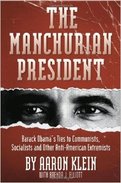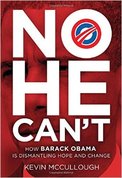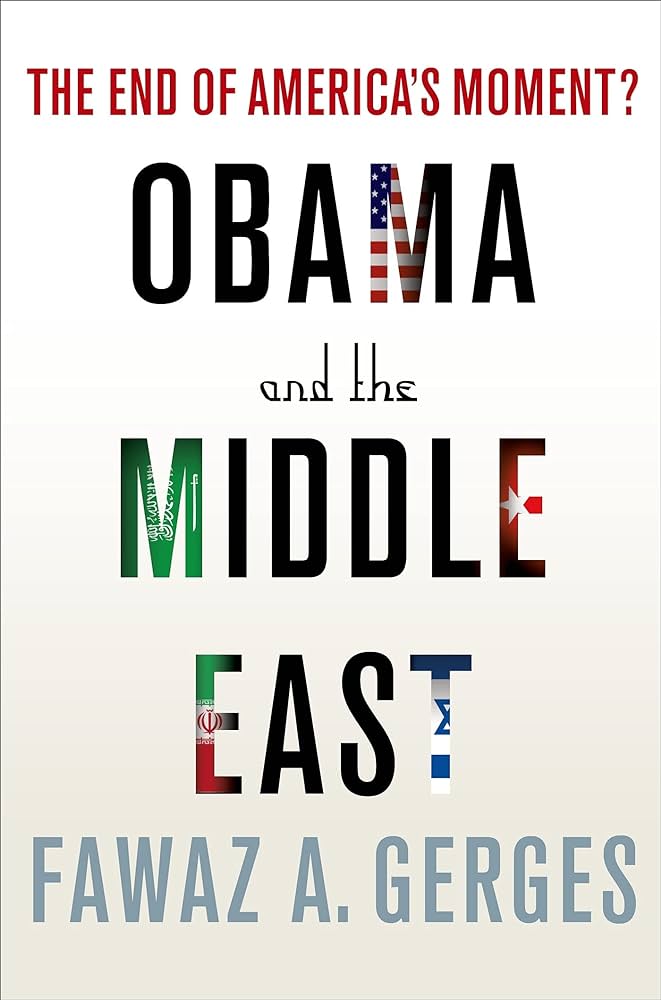 Did you suspect that there were dark secrets behind Barack Obama’s rise to the Oval Office? American journalist Aaron Klein and historian Brenda J. Elliot did. In their book The Manchurian President, they expose what the American public and media failed to ask and answer during the 2008 presidential campaign. After two years of research, they began to “[piece] together an intricate puzzle that revealed a man with an agenda far more radical and dangerous than he portrays—a politician backed by groups and individuals who seek to drastically alter the U.S. system or destroy it altogether” (p. ix).
1 Comment
 For many citizens, Obama’s election in 2008 was a threat to the “Hope and Change” America really needed. In his book No He Can’t: How Barack Obama is Dismantling Hope and Change, nationally syndicated talk show host Kevin McCullough accepts his fated responsibility to expose the imminent danger he believed Obama posed to his country. In the Introduction, McCullough notes that the path of his professional life may have been divinely entangled with the destined forty-fourth president. Their lives indirectly crossed paths in Chicago where McCullough was a theology and journalism student four years after Obama began his political career as a community organizer in 1985. McCullough recalls Obama’s “failed attempt for a higher office before finally settling into his place in the Illinois state legislature,” foreshadowing the rise of “one of the most dangerous politicians our generation will see” (p. xvii). Later, as a professional journalist following Obama’s race for a seat in the U.S. Senate—ending in a decisive victory over Alan Keyes—McCullough says he predicted and observed the constellation of five factors that would soon fast track an unexperienced, smooth talking junior senator to the Oval Office—the political throne of a world that was at the time in a state of turmoil. |
Kasaun E. HenryKasaun is a philosopher and intellectual historian, from Harlem, NY. He specializes in the intellectual history of American democracy and the American Dream, theories of secularization, and the history and philosophy of human rights. He also focuses on the "Obama Phenomenon" and "The Age of Obama." ArchivesCategoriesUpcoming review . . .
|
 RSS Feed
RSS Feed

